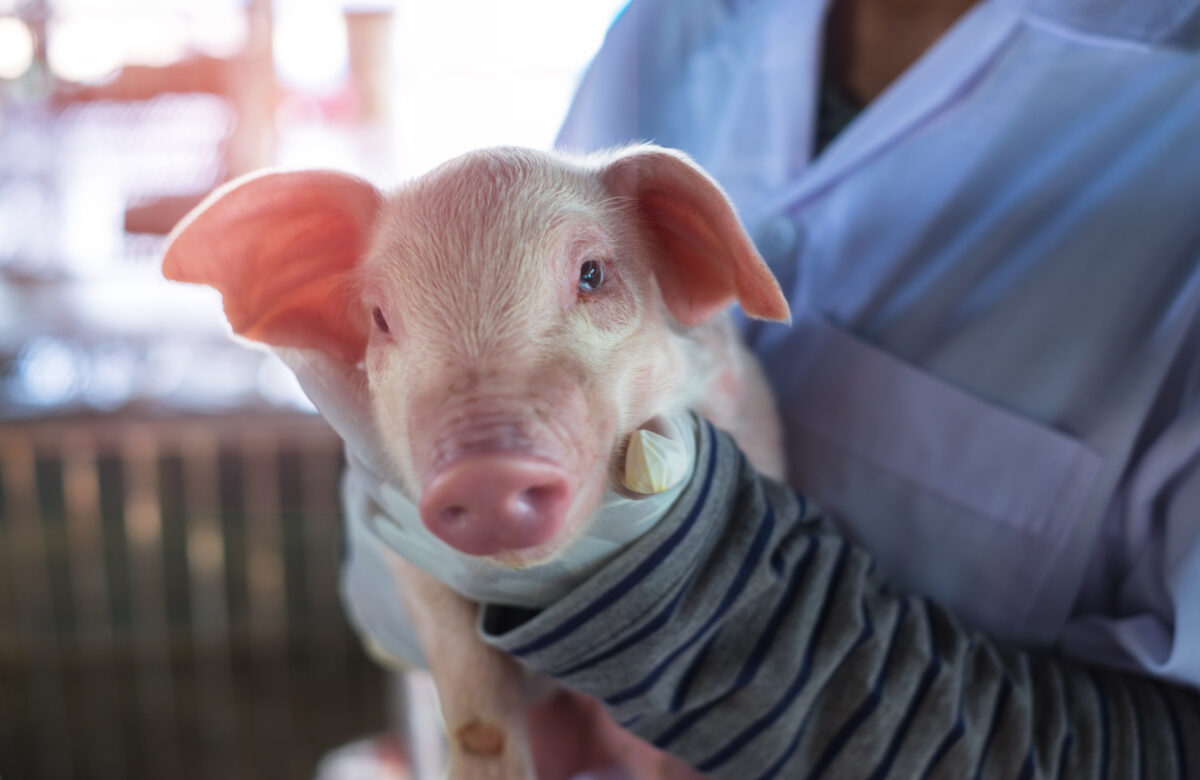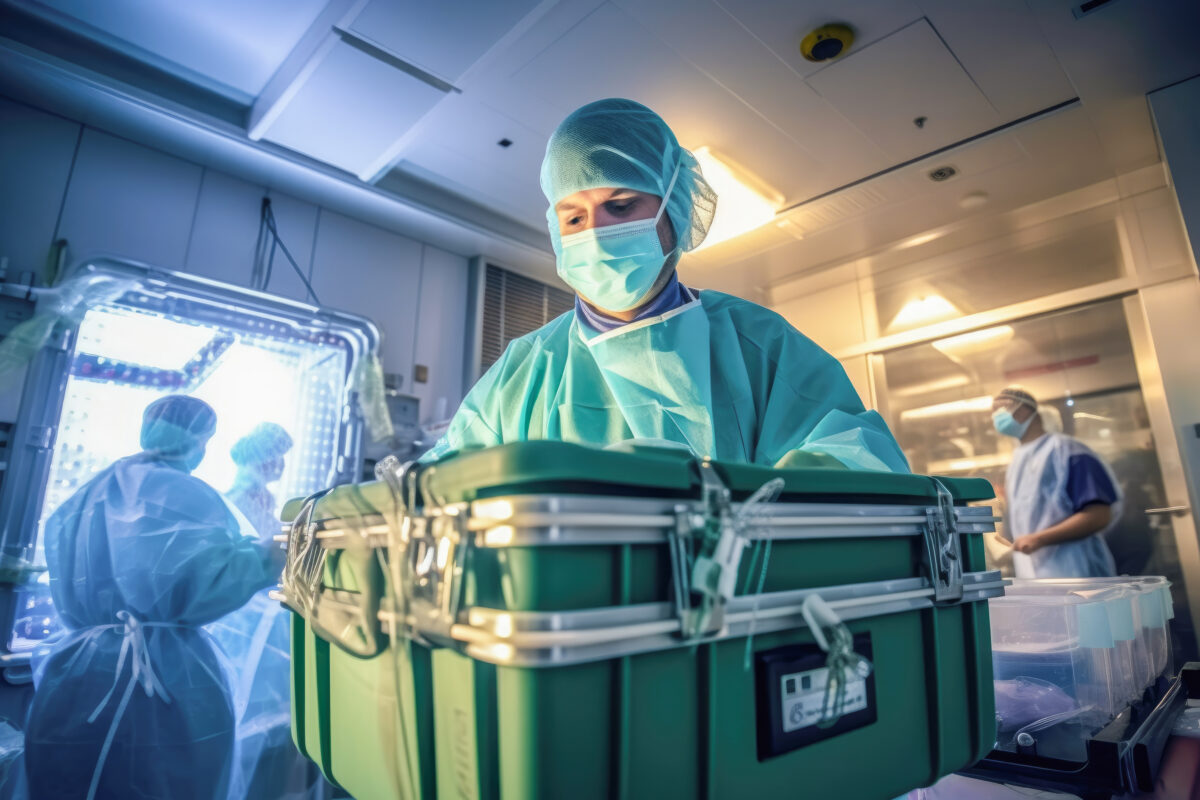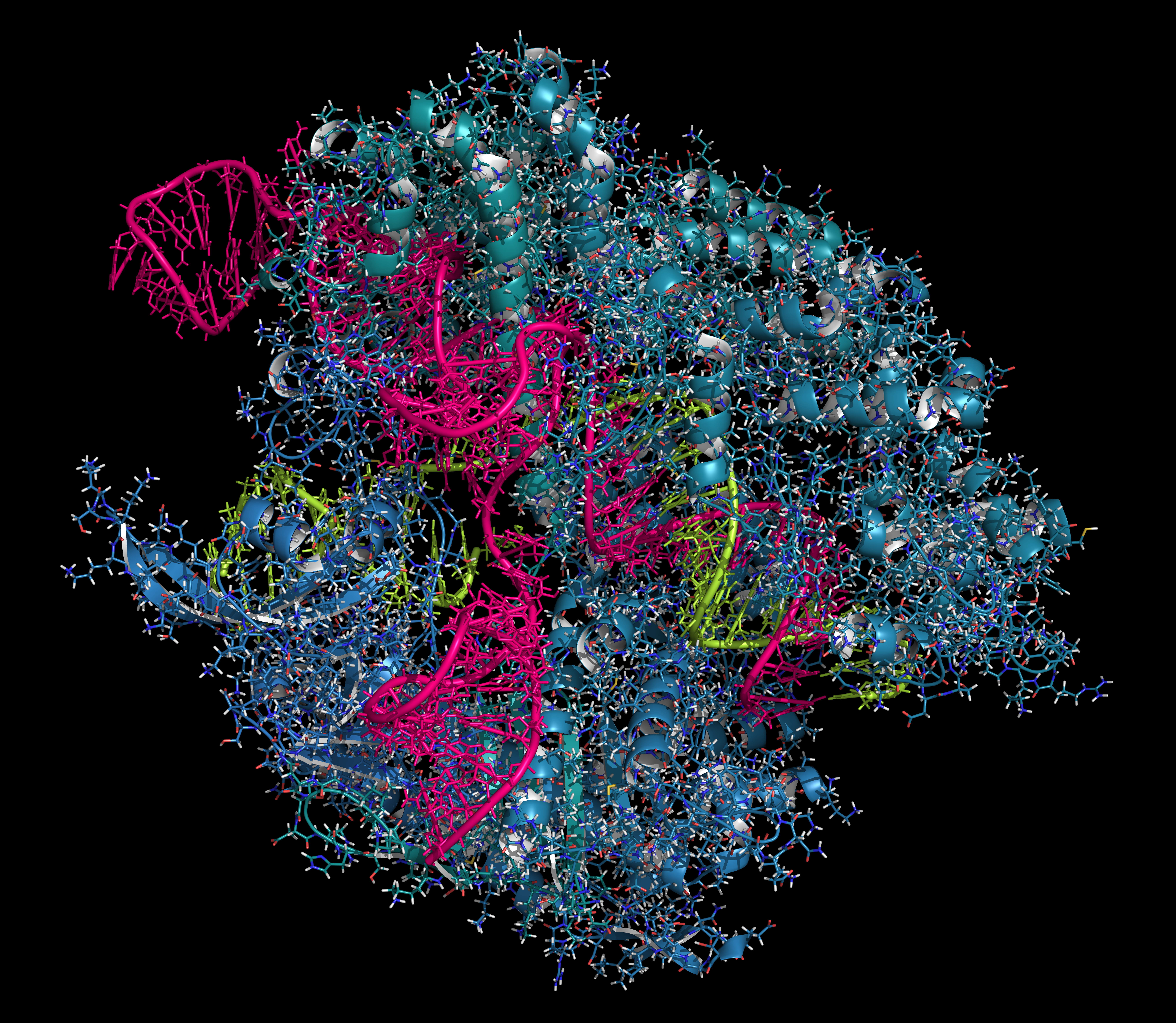
Human Kidney Suppliers Should Be Donors, Not Vendors
There are some 91,000 people with severe kidney disease waiting for transplants. Alas, cadaver and living donors are insufficient to fill the need. That has some well-meaning activists pushing to increase the number of available kidneys by legalizing organ-selling. The psychiatrist and American Enterprise Institute senior fellow Sally Satel is probably the premier proponent of this approach. She has skin in the game, having received two living-donor organs. Writing in the Free Press, Satel promotes a bill that would allow kidney suppliers to become vendors and receive a tax credit. From, “I Had Two Kidney Transplants: I Want Donors to Get Paid.” But now, legislation is on the table that would save these patients’ lives while eliminating those concerns. On Read More ›








